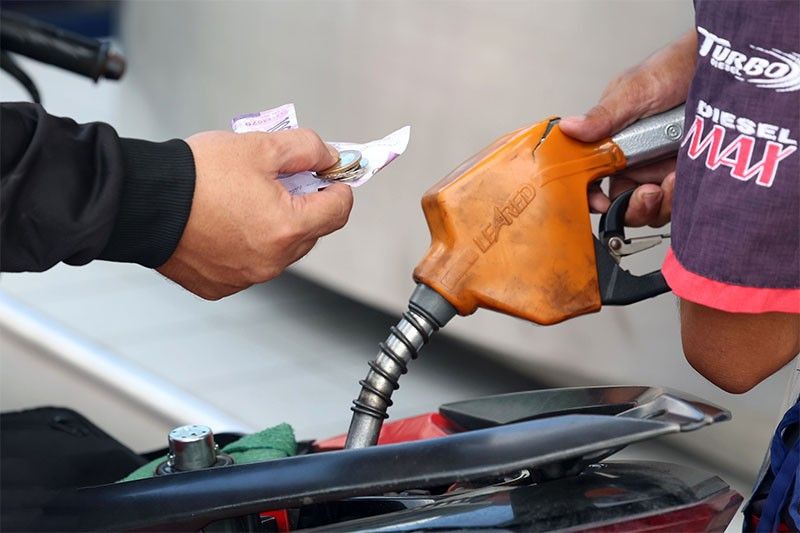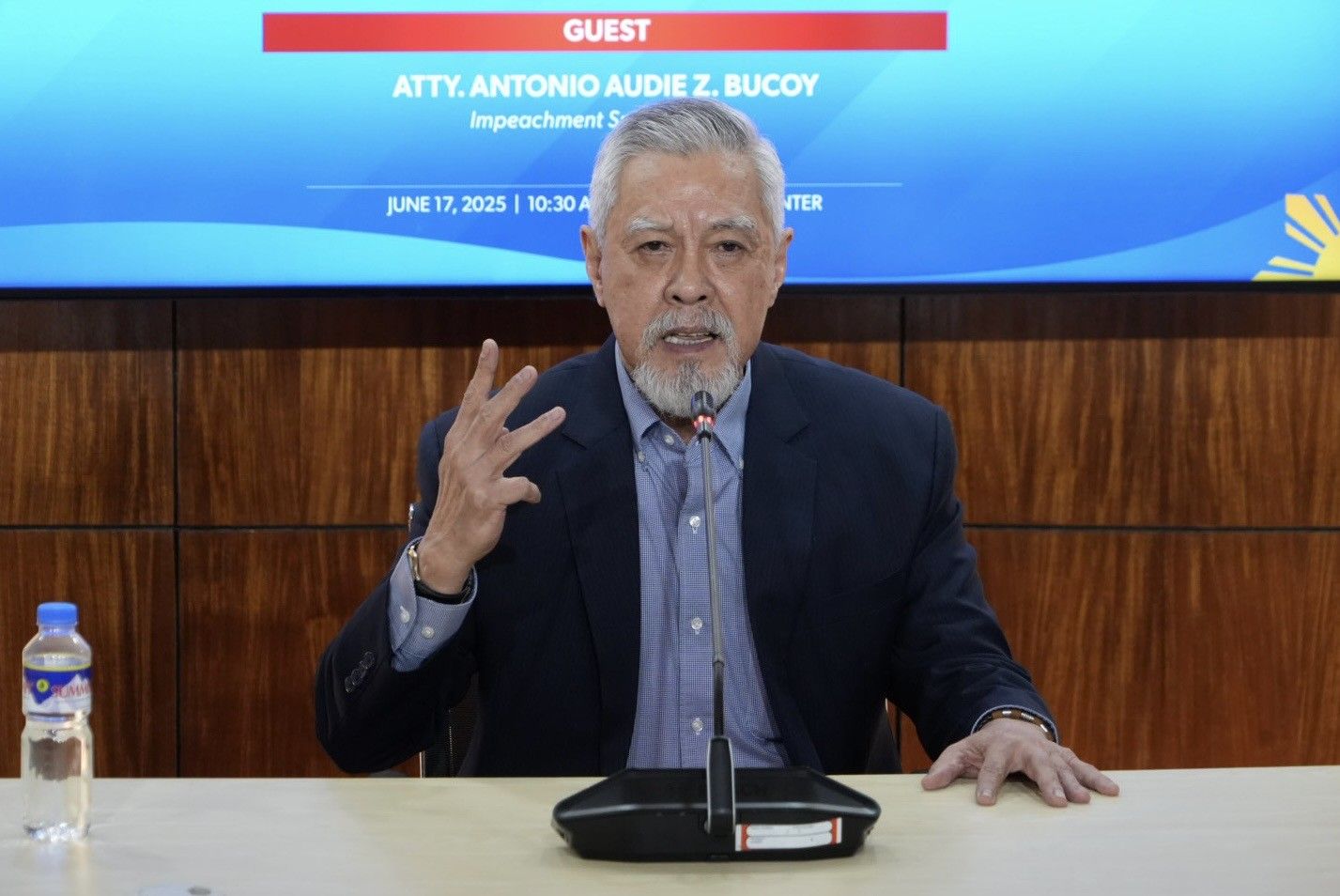
Upgrade to High-Speed Internet for only ₱1499/month!
Enjoy up to 100 Mbps fiber broadband, perfect for browsing, streaming, and gaming.
Visit Suniway.ph to learn
MANILA, Philippines — Some House lawmakers are already drafting measures for the 20th Congress, including a bill that seeks to limit the use of e-wallets on online gambling sites and apps.
Rep. Jonathan Keith Flores (Bukidnon, 2nd District) warned on Tuesday, June 24, that the growing accessibility of e-wallets in gambling apps has made it alarmingly easy to top up and continue betting.
“Sa tingin ko po, ang dami nalululong sa online gambling. … It’s so accessible from the e-wallet itself. May listahan sa anong games na pwede mong mag-load at mag-top up,” he told DZMM.
(I think a lot of people are getting hooked on online gambling. … It’s so accessible from the e-wallet itself. There’s even a list of games where you can load and top up.)
“So it’s so convenient for someone na may e-wallet na mag-load or mag-top up lang at continue to play the online gambling,” he added.
(So it’s so convenient for someone with an e-wallet to load or top up and continue playing online gambling.)
He said the accessibility puts poor Filipinos at risk, as they may gamble their hard-earned money in hopes of gaining more to meet daily needs, even without any guarantee of a return.
For Flores, a legislative measure is needed to make gambling harder instead of easier for Filipinos.
“E-wallets should not serve as easy gateways to gambling apps. Their platforms are being used, whether they admit it or not, as channels of addiction,” Flores said in a June 23 statement.
Links through e-wallets
The lawmaker clarified that he is not against e-wallets, recognizing how fintech apps like these have made purchases and transactions more convenient for many Filipinos.
What he finds problematic is how gambling platforms can be accessed through e-wallet apps. Some don’t only offer top ups, they also offer loans.
Some e-wallet apps have features where a user could browse through a list of online betting games and seamlessly connect their accounts to the gambling apps.
Flores suspects that e-wallets are earning from these online casinos and betting apps every time they’re promoted, or with the built-in links in e-wallet apps themselves.
“So the more mag-top up, the more mag-load ng pera sa online gaming, mas kikita din sila,” he said.
(So the more people top up or load money into online gaming or online gambling, the more they earn too.)
Flores hopes for e-wallet providers to at least remove the links of gambling apps and sites inside their platforms.
"Huwag naman ilagay doon sa application ninyo ‘yung links itself. Bahala na mag-load sila, pahirapan mo nang konti,” he said.
(Don’t include the links directly in your application. If they really want to load, make it a bit harder for them.)
No penalties suggested yet. While drafting the proposed bill, he said he is still conducting research on the role of e-wallets in online gambling to determine which agencies should be involved in limiting or regulating access to gaming platforms and what penalties should be imposed.
Affected families. The lawmaker also said it's troubling that mobile wallets have millions of users, especially since he has seen people in his district — from the youth to household breadwinners — fall into gambling because of how easy it is to access through e-wallets.
He warned that as people become more engrossed in online gambling, it can lead to mounting debt and, in some cases, even theft.
“Marami na rin pamilya nasisira because of online gambling. So ang ayaw ko lang talaga, if we make it more accessible for people to bet and to load, parang we’re feeding the addiction eh,” Flores said.
(A lot of families have already been broken because of online gambling. What I really don’t want is for us to make it even more accessible for people to place bets and load money, it’s like we’re feeding the addiction.)
Not a ‘blanket ban’
Flores said his proposed bill will focus on imposing stricter regulations and safeguards on digital financial services, rather than pushing for a complete ban on the use of e-wallets in gambling apps.
“This is not yet a blanket ban, but that’s the direction we may be forced to take if we continue to see the future of our children and families torn apart,” he added.
“Payment platforms must not be complicit. Their convenience should never come at the cost of Filipino lives,” Flores said.
In the meantime, Flores urged the Bangko Sentral ng Pilipinas (BSP) and the Securities and Exchange Commission (SEC) to look into e-wallet companies that enable access to online gambling through their platforms.
Rep. Rolando Valeriano (Manila, 2nd District), however, is pushing for a stricter approach. He believes the government should revoke any administrative orders or regulations that permit online gambling.
He also called on the Philippine Amusement and Gaming Corporation (PAGCOR) and the Games and Amusements Board (GAB) to cancel the licenses of online gambling operators.
“The Bangko Sentral ng Pilipinas should also prohibit any electronic payment systems and e-wallets from being online gambling tools and conduits,” he said in a June 24 statement.
Instead of online gambling, Valeriano said gambling operations should only be done onsite venues strictly regulated by PAGCOR or GAB.
“Habang may mga apps na pinopromote pa ng mga influencers at celebrities, para na ring sinasadyang ilubog sa utang at bisyo ang milyun-milyong Pilipino,” he said.
(With these apps being promoted by influencers and celebrities, it’s like they are deliberately pushing millions of Filipinos into debt and addiction.)

 5 hours ago
1
5 hours ago
1



